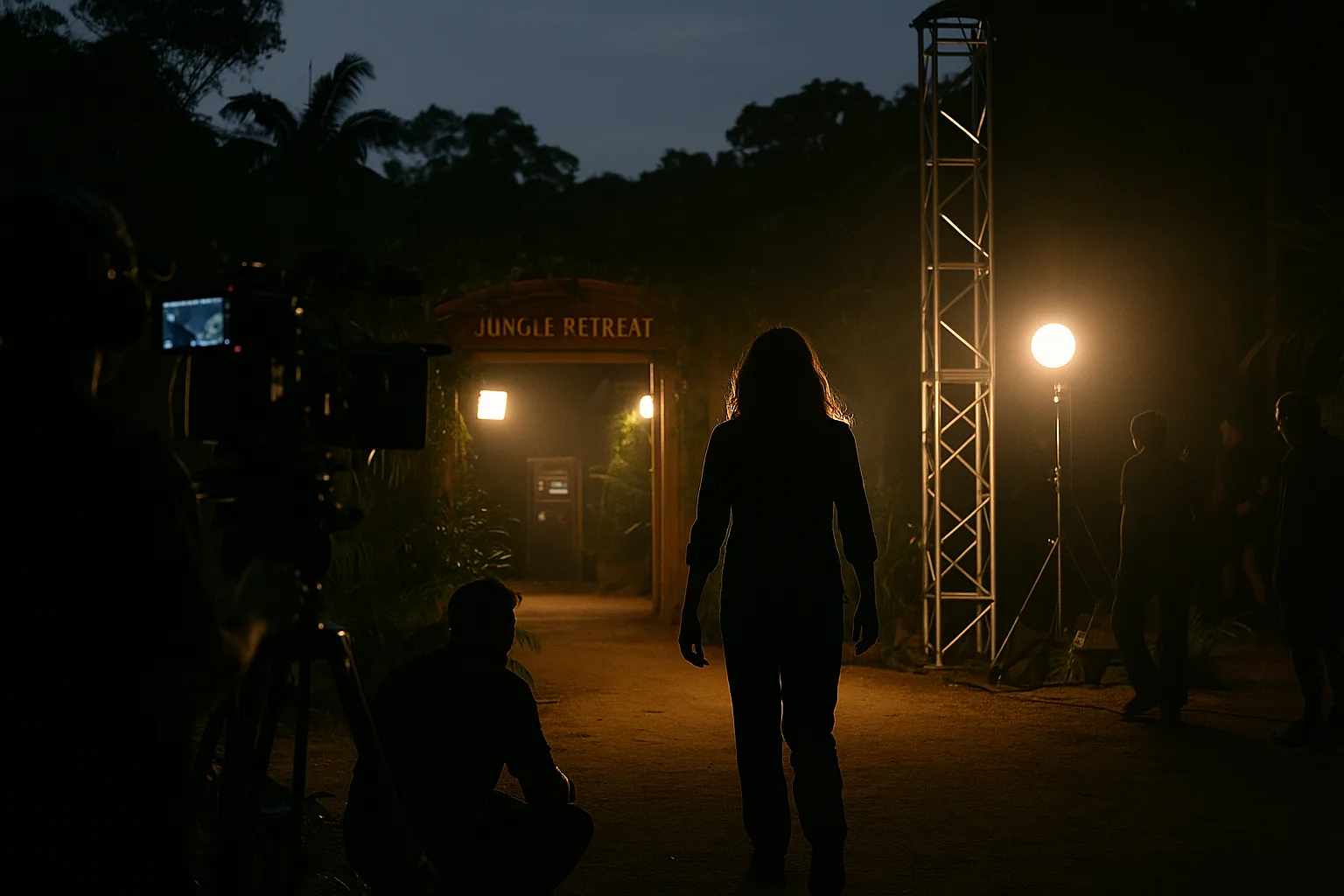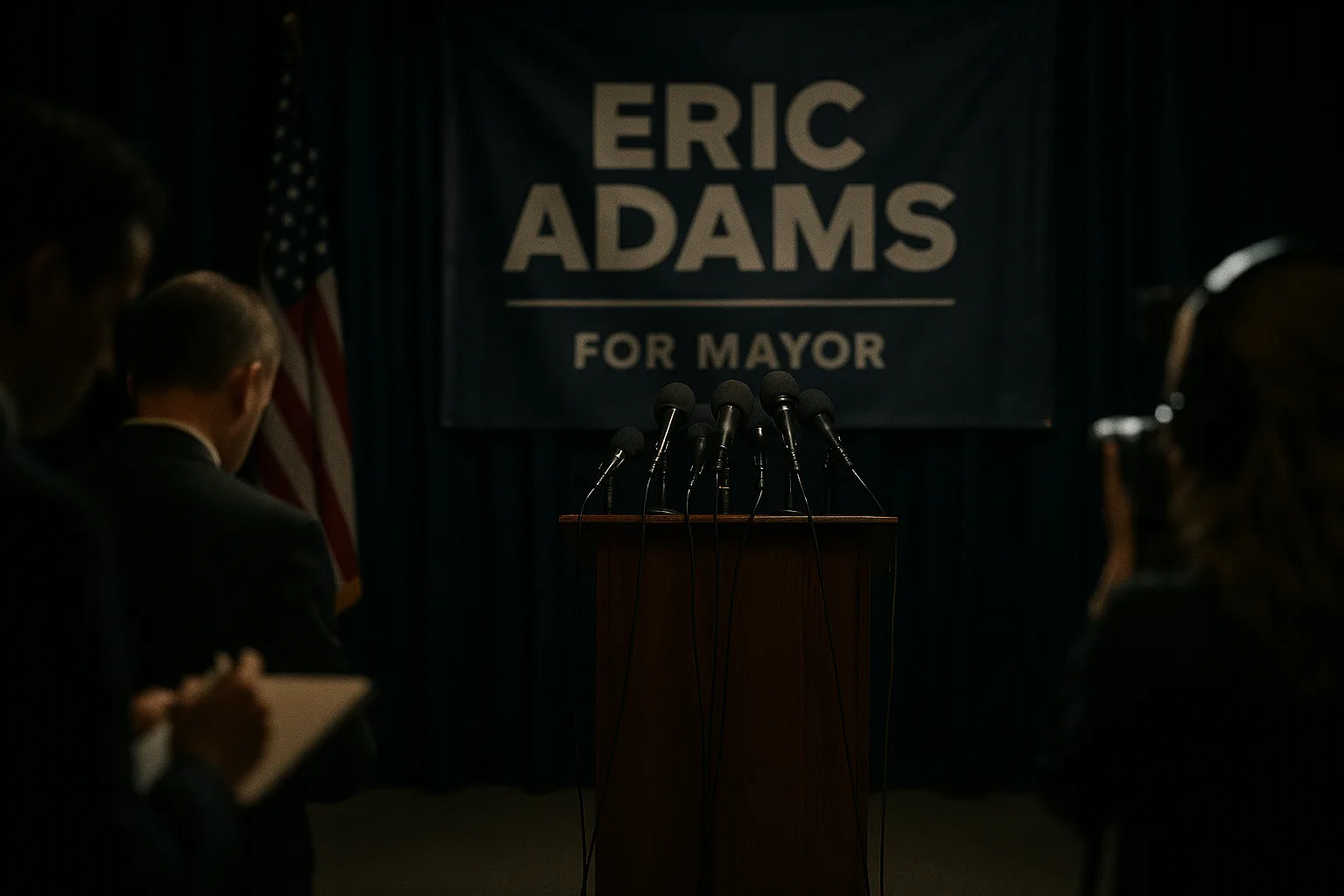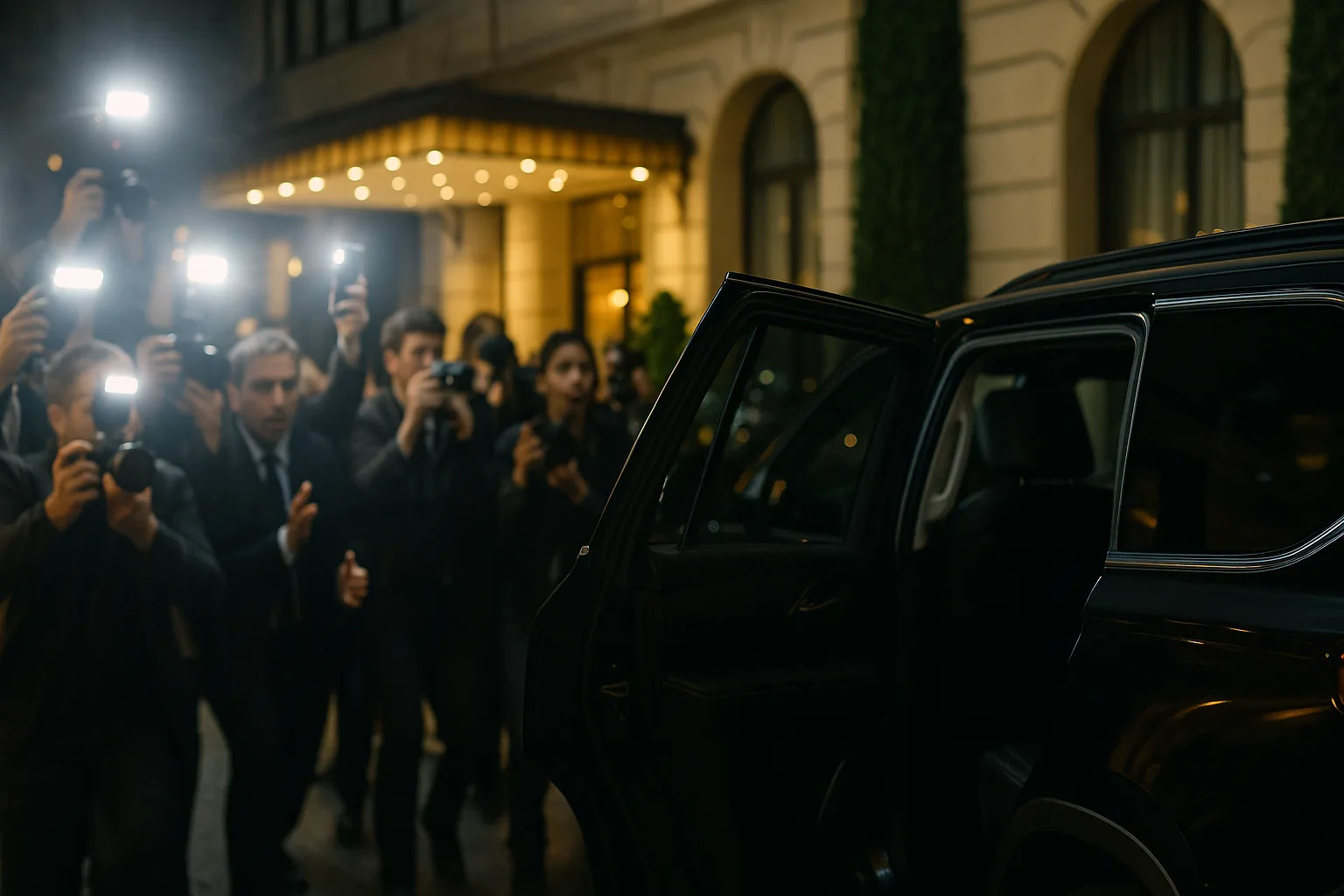The tabloids are aflame: Janice Dickinson is suing I’m A Celebrity for £700,000 after claiming she was injured in the dark while navigating the jungle camp’s toilet area. Her legal team says ITV failed their duty of care. The producers insist they did all they could. And the Oracle of Bad Takes says: finally, a plot twist worth tuning in for.
Lawsuits as Season Finales
Here’s my hot (and probably wrong) take: lawsuits aren’t the end of reality TV — they’re its natural evolution. Viewers have seen it all: eating bugs, swimming in questionable water, crying confessions into GoPros. What they haven’t seen? Contestants filing claims, barristers in wigs cross-examining producers, settlement talks dragged out for the cameras. Call it Survivor: Small Claims Court.
The brilliance here is unintentional. Dickinson didn’t just trip — she invented a new genre. Reality-Litigation Television. And I, for one, would binge every episode.
When Contracts Become Characters
Every reality contestant signs a waiver. They surrender dignity, comfort, and privacy for the slim chance of fame. But those contracts are never the stars. Until now. With Dickinson’s suit, the waiver itself becomes a character: Exhibit A, splashed across court filings, read aloud on TMZ, dissected by fans. Imagine a fandom that debates indemnity clauses the way they once debated who ate the last ration of rice. That’s entertainment.
History Repeats (and Trips Over Itself)
This isn’t even the first time lawsuits have followed reality shows. Past contestants have sued Survivor over unsafe stunts, The Bachelor over emotional manipulation, even Big Brother over surveillance. None of those made it into the main plotline. Producers hushed them away like bad lighting. But Dickinson’s complaint is different: she’s a celebrity, she’s loud, and she’s suing for nearly three-quarters of a million. You don’t bury that under a rug. You promote it.
It’s only a matter of time before networks lean in: “Tonight on I’m A Celebrity: Janice vs. the Barristers — tune in for a live-streamed deposition!”
Why I Think This Helps (and Why I’m Probably Wrong)
Here’s the bad take: this lawsuit will help the franchise. Ratings will spike as the curious tune in. Headlines will amplify the brand. Even people who haven’t watched in years will Google “Janice Dickinson jungle lawsuit.” Negative publicity? Please. In reality TV, there’s no such thing. Only arcs, only storylines. Dickinson’s fall is just another cliffhanger.
But here’s where I’ll almost certainly be wrong: lawsuits cost money, and networks hate parting with it. Instead of embracing the chaos, ITV may tighten contracts, scrub risks, and sterilize the show into boredom. Imagine a future season where challenges are reduced to crossword puzzles by candlelight. It’s possible. And tragic. I’ll still claim this lawsuit was good for TV, even as it kills it.
The Oracle’s Final Word
Janice Dickinson’s lawsuit isn’t a cautionary tale. It’s a proof of concept. Reality TV has always promised unscripted chaos. What’s more chaotic than dragging producers into court? In the theater of celebrity spectacle, the jungle trials were just Act I. Act II takes place in front of a judge. And the audience, popcorn in hand, will be there for every objection sustained.






